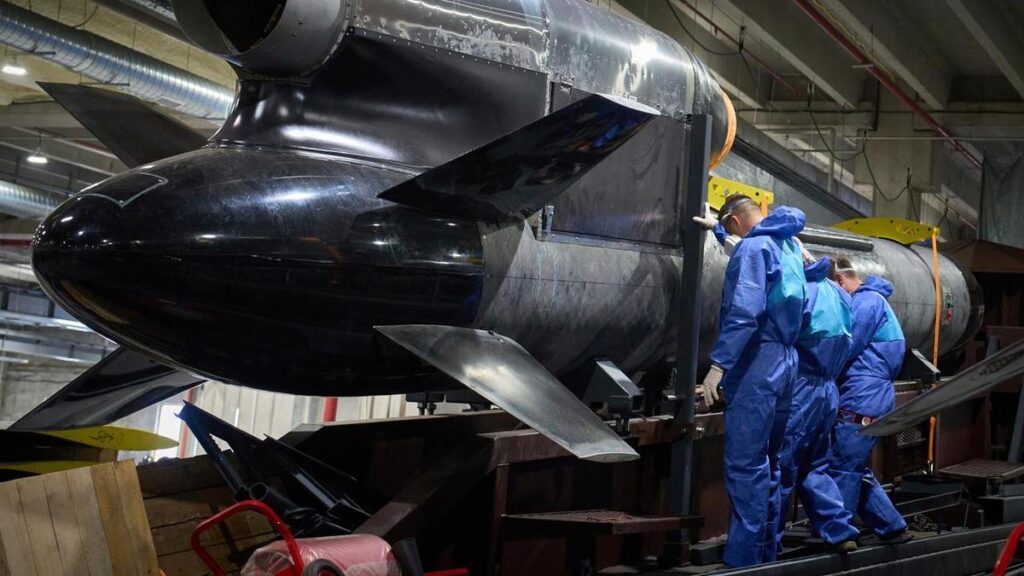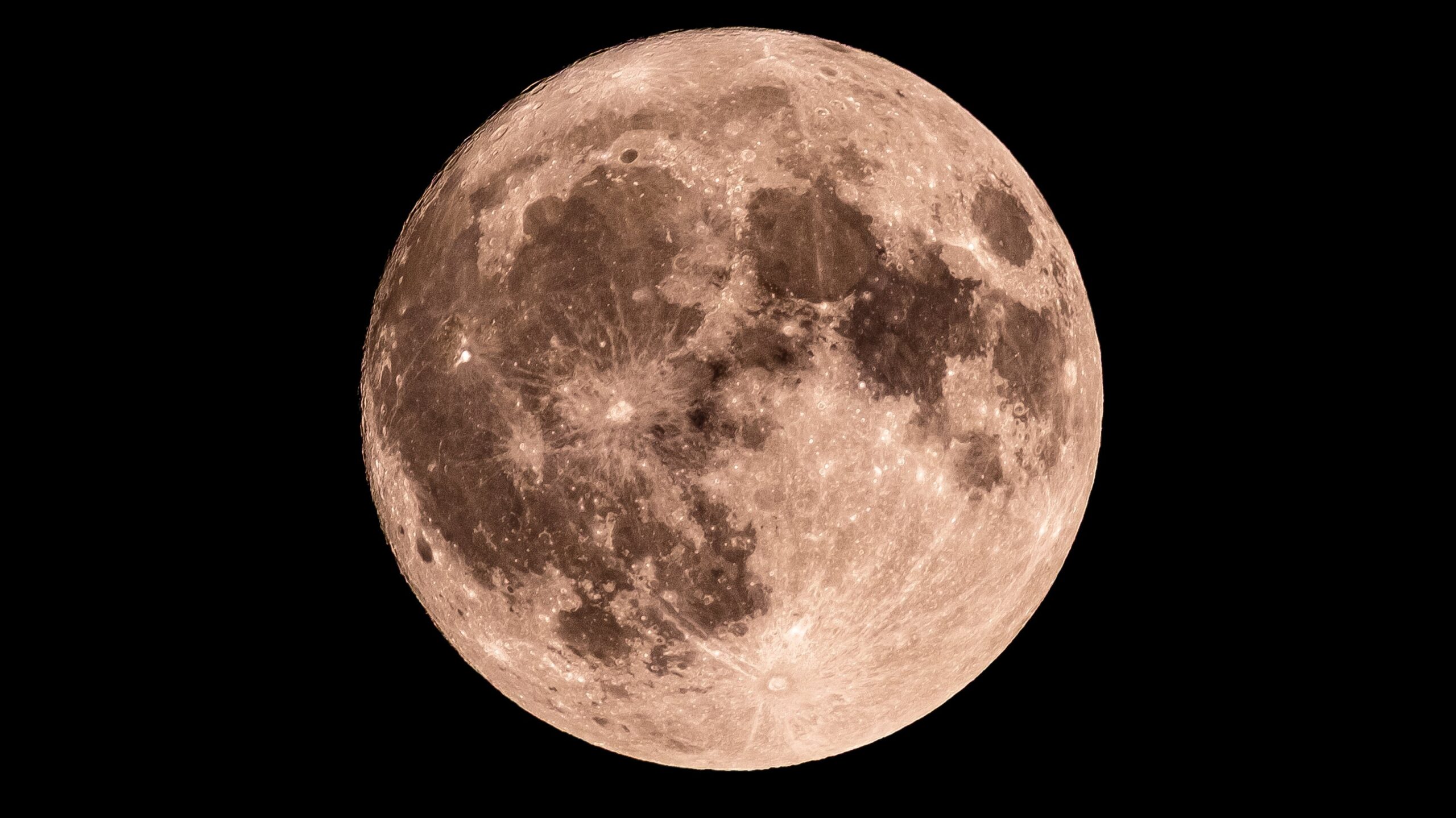
URGENT UPDATE: Ukrainian President Volodymyr Zelenskiy has confirmed that recent strikes on Russian oil facilities are causing significant fuel shortages across Russia. These developments come as Ukraine’s counteroffensive successfully derails Russia’s plans to capture key territories in the eastern Donetsk region.
In a briefing held on Thursday, Zelenskiy reported that Ukraine’s newly developed Palianytsia missile has targeted and hit numerous Russian military depots, with the Ruta missile drone striking an offshore oil platform over 250 km away—a move he hailed as “a major success.” This escalation in Ukrainian military capability is having an immediate impact on Russia’s energy supplies.
Ukrainian forces have unleashed swarms of Liutyi and Fire Point long-range drones, deploying up to 300 units in a single operation against Russian energy infrastructure. The Ukrainian leader emphasized that the intensity of these strikes has forced Russia to escalate its fuel imports significantly, with reports indicating a sixfold increase in imports from Belarus and additional supplies from China.
“The main thing is that Russia is now importing gasoline—that’s a signal,” Zelenskiy stated, noting that Ukraine’s intelligence shows a 20 percent reduction in Russia’s gasoline supply directly linked to Ukraine’s military operations.
While Russian officials have remained silent on the fuel shortages, the implications of these developments are profound, highlighting the effectiveness of Ukraine’s homegrown military technology amid a prolonged conflict that has lasted over three years. As winter approaches, Zelenskiy has assured that Ukraine is preparing contingency plans to protect its natural gas infrastructure from continued Russian attacks.
On the battlefield, Zelenskiy described the situation in eastern Donetsk, particularly around Pokrovsk and Dobropillia, as critical. He reported that Ukrainian troops have launched a counteroffensive that has successfully disrupted Russia’s summer offensive campaign, which aimed to occupy much of Donetsk by November.
Looking ahead, Zelenskiy is urging the United States to supply Ukraine with additional long-range weaponry, specifically requesting Tomahawk missiles. He indicated that discussions on this matter are progressing, noting that during a recent meeting, U.S. officials did not outright reject his request.
A delegation led by Prime Minister Yuliia Svyrydenko is expected to travel to the U.S. early next week to discuss air defense, energy cooperation, sanctions, and the use of frozen Russian assets to bolster Ukraine’s war efforts.
The current situation underscores the ongoing struggle with human impact as civilians in both Ukraine and Russia face the consequences of this protracted conflict. As reports of fuel shortages emerge, the urgency for diplomatic resolutions becomes increasingly critical. The international community is watching closely to see how these developments will shape the future of the region.
Stay tuned for more updates as this story continues to unfold.







